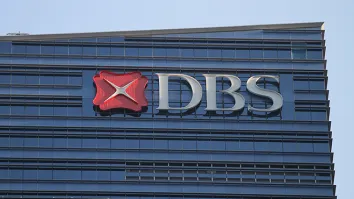Asian markets tumble on China financial crisis
Stock markets weaken after PBOC insists there is ample cash in the banking system.
Markets across the region reacted negatively to a statement by the People’s Bank of China, the central bank, that there is sufficient cash in China’s banking system but stressed that the country’s commercial banks needed to be better managed.
Stocks slumped sharply in a sign that markets remained extremely nervous about China’s growth prospects and the uncertainties that surround the Chinese leadership’s efforts to retool the economy. Bank-to-bank lending rates, however, further eased Monday.
The Shanghai composite index, which has been under pressure for months amid mounting evidence that the Chinese economy is cooling, plunged 5.3%, its biggest single-day drop in nearly four years, taking its decline so far this year to more than 13%. The Shenzhen composite index dropped 6.1%.
In Hong Kong, the Hang Seng Index dropped 2.2%, falling below the 20,000-point mark for the first time since last September.
European markets were down almost 2% in Monday afternoon trading, while Wall Street shares were down 1% shortly after the opening.
The interbank lending market’s benchmark overnight rate, which serves as a gauge of liquidity in the financial market, stood at 6.489% Monday. That was down from 8.492% on June 21 and well below the record high of 13.44 percent it hit the day before, but still elevated compared with the level of about 3% of most of the past year-and-a-half.
The fact that PBOC allowed interbank lending rates to soar last week, rather than injecting money into the financial system, was widely interpreted as a deliberate effort to curb excessive lending and force banks to focus on prudent, low-risk loans.
















 Advertise
Advertise






